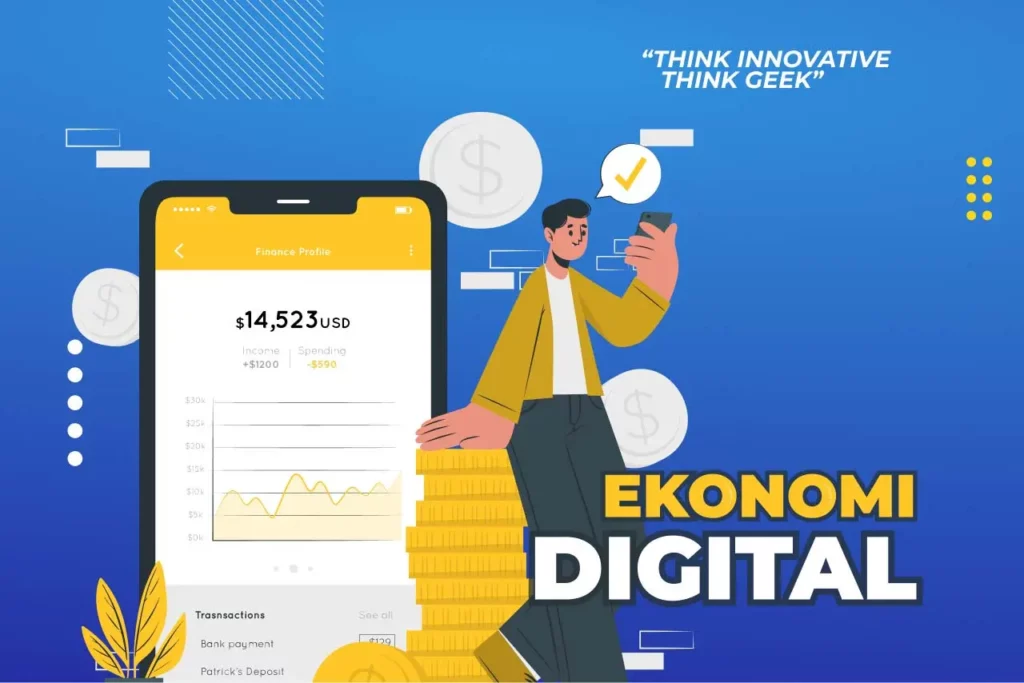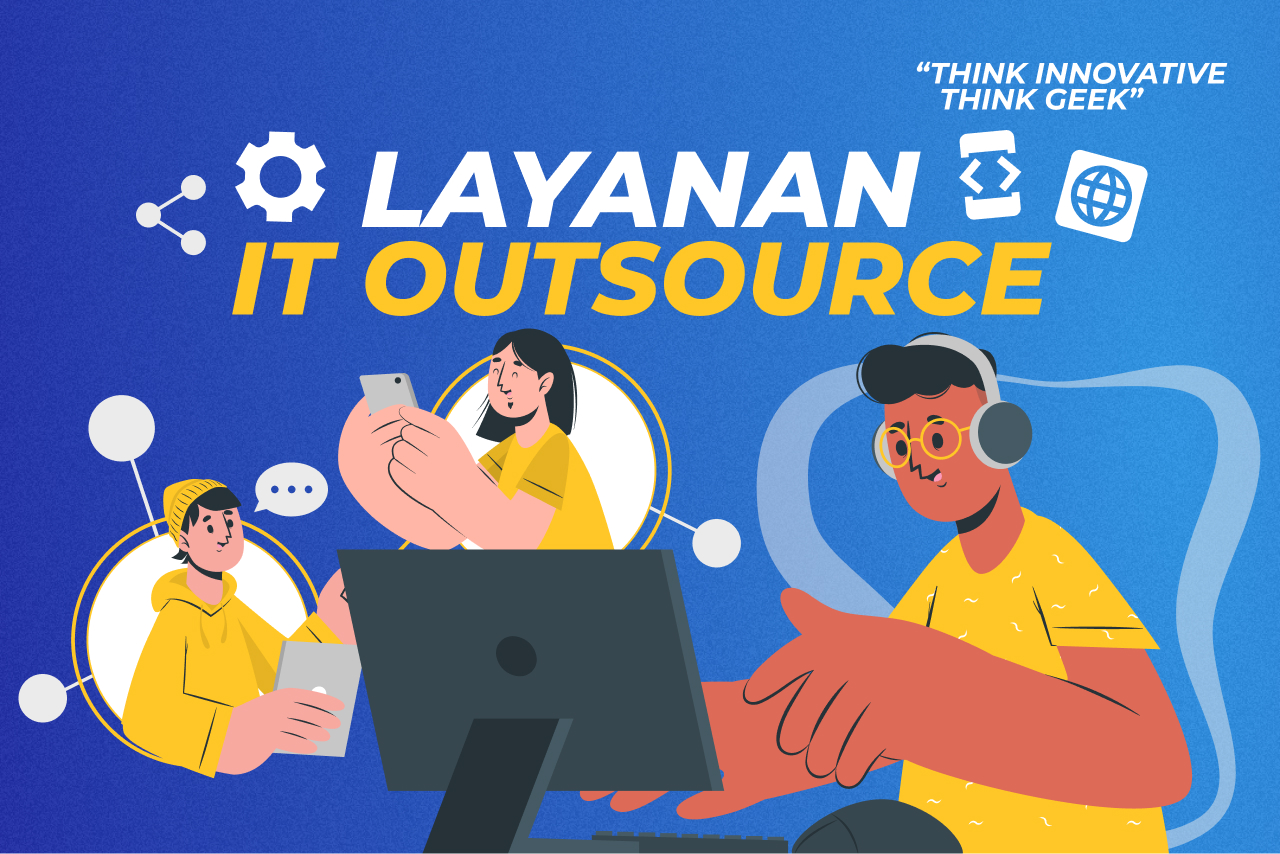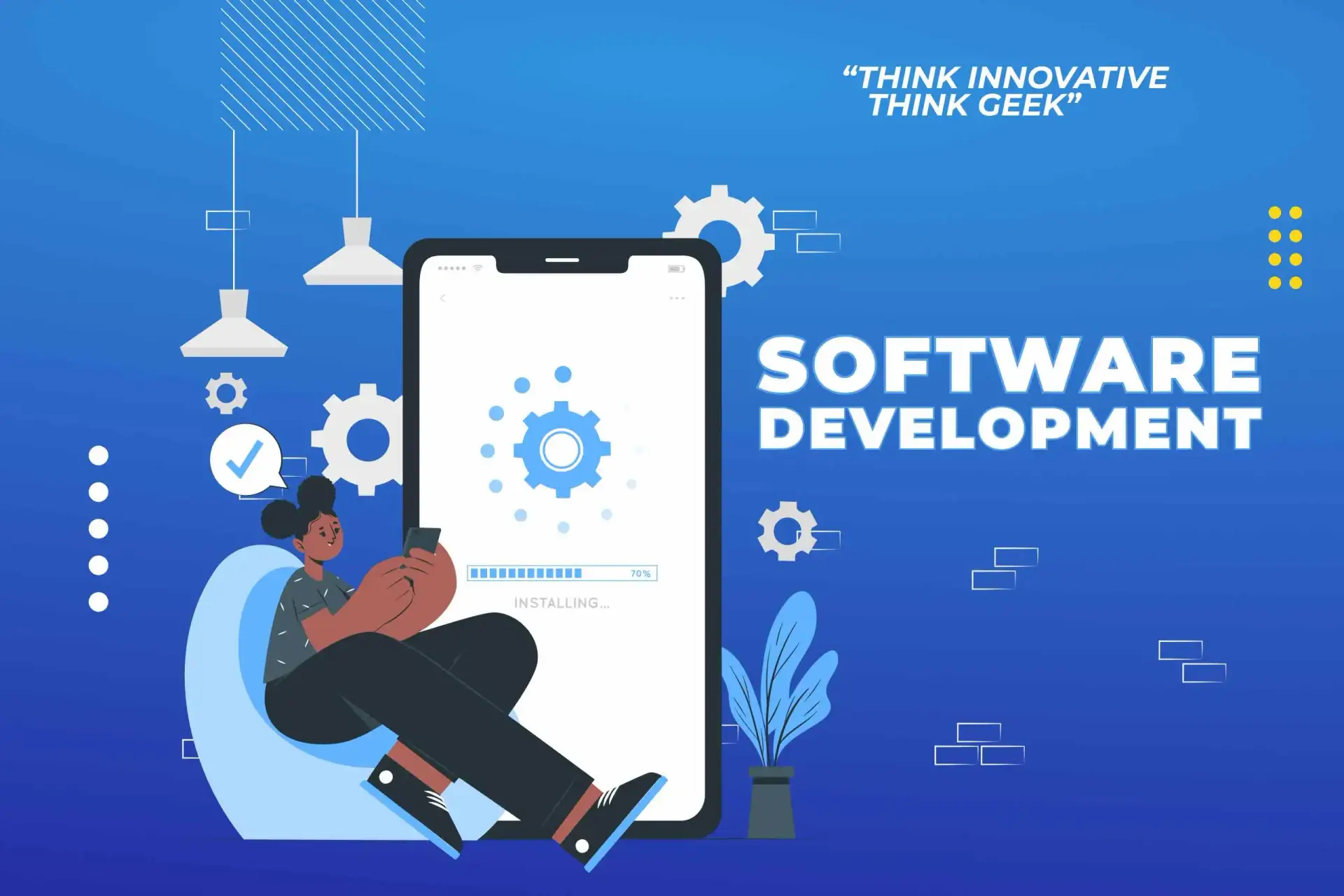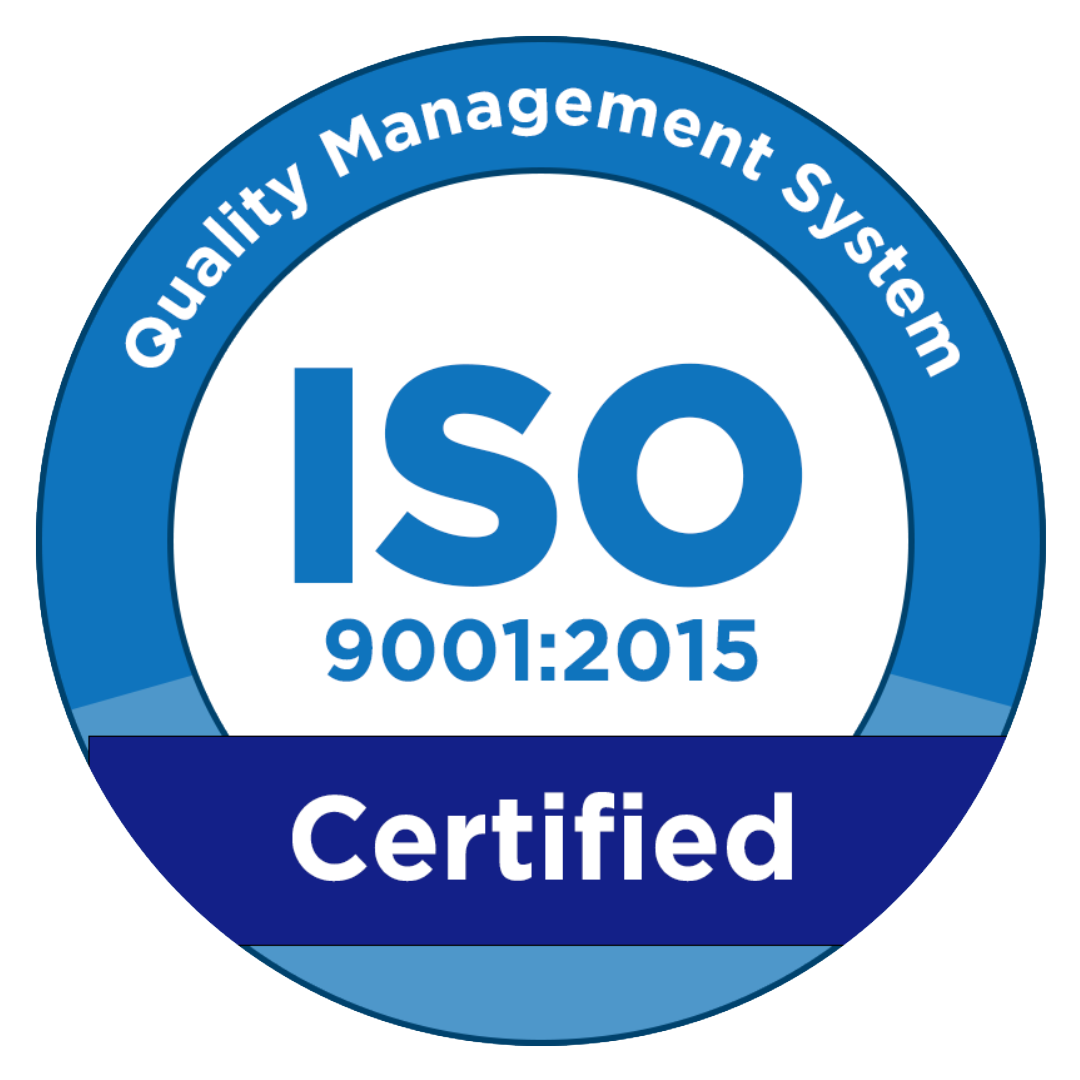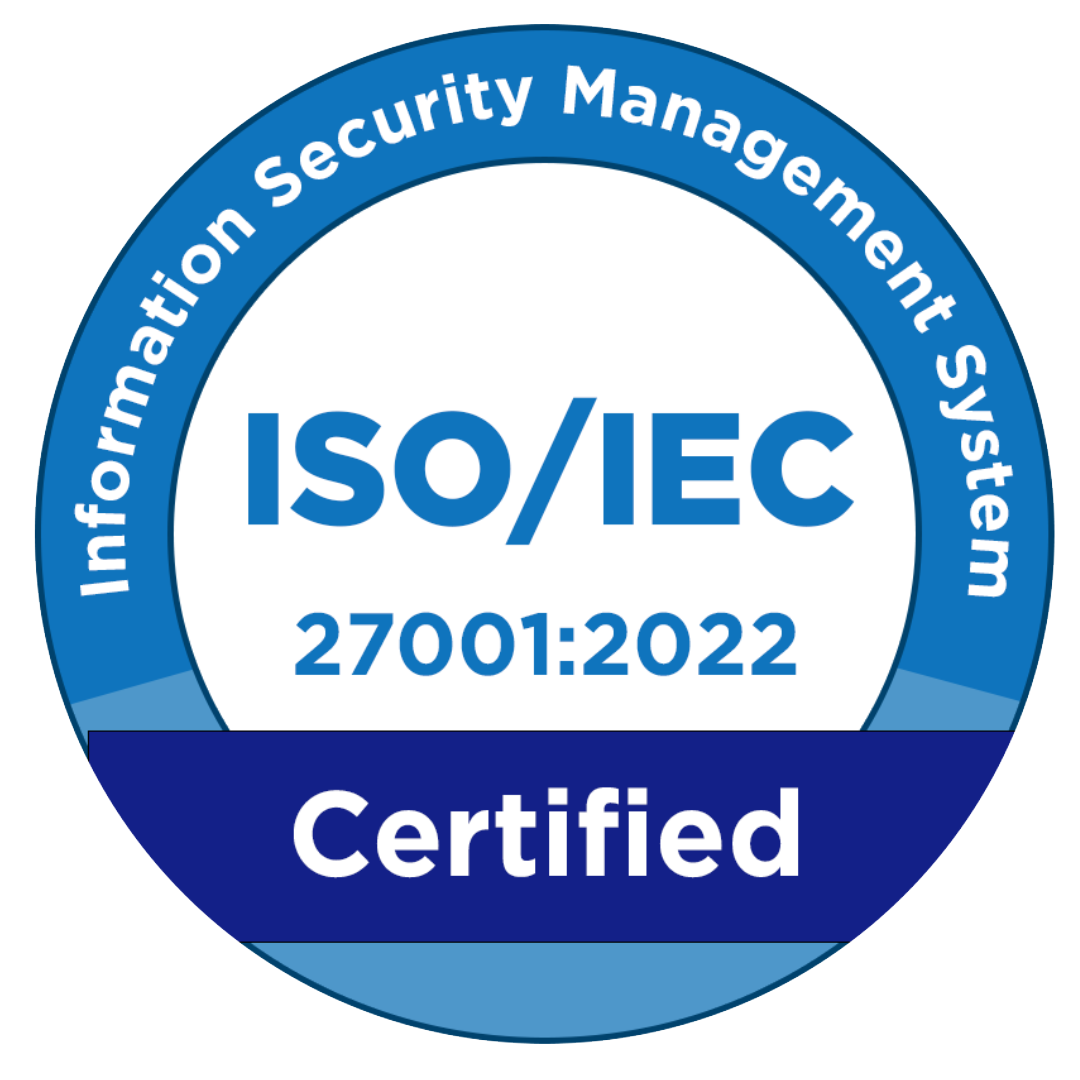The digital economy has become one of the main drivers of business growth, especially in the e-commerce industry. In Indonesia, this transformation is becoming increasingly evident with the rapid development of e-commerce platforms that connect consumers and businesses with just a click. So, what exactly is meant by the digital economy, and how does it drive innovation in e-commerce?
What is the Digital Economy?
The digital economy refers to an economy based on the use of digital technology, including the internet and digital devices, to carry out transactions, communication, and business.
From production to the distribution of products and services, all aspects are increasingly dependent on digital technology, creating a new ecosystem that allows businesses to grow faster and more efficiently.
Drivers of Digital Economy Growth
Several factors are driving the rapid growth of the digital economy, particularly in the context of e-commerce. These factors play a crucial role in transforming this industry.
1. Digitalization of Business Processes
Companies that want to survive in the modern era need to digitalize their business processes.
This includes using software for inventory management, automating marketing, and analyzing customer data. With digitalization, businesses can operate more efficiently, reduce costs, and speed up services.
2. Transformation of Consumers Towards Digital
Consumers are increasingly shifting to online shopping, whether through applications or e-commerce platforms in Indonesia.
This shift is driven by easier internet access, changes in consumer behavior, and advancements in mobile technology.
E-commerce platforms offer a convenient shopping experience, from a wide range of products to easy payment processes.
3. Impact of Technology on the E-Commerce Industry
Technology plays a vital role in driving innovation in the e-commerce industry. From the use of AI to personalize shopping experiences to the application of big data to analyze customer behavior, these technologies help businesses better understand consumer needs.
4. Rapid Growth of Digital Platforms
The development of e-commerce platforms in Indonesia has undeniably pushed businesses to adapt to digital technology more quickly.
Platforms such as Tokopedia, Shopee, and Bukalapak provide consumers with easy access to various products and services they need while opening new opportunities for small and medium enterprises (SMEs) to grow.
Trends in E-Commerce Innovation
The e-commerce industry continues to innovate alongside technological developments and changing consumer needs. Here are some emerging innovation trends:
1. Shifting from Conventional Business Models
Many businesses that previously relied solely on physical stores are now transitioning to e-commerce-based business models.
This trend not only includes product sales but also services, such as online consultations and courses, which are increasingly favored by consumers due to their ease of access.
2. Marketplace Platform Innovations
E-commerce platforms are continuously innovating to improve user experience. One standout innovation is the provision of marketplaces that allow sellers from various backgrounds to sell their products on a single platform. This trend makes it easier for consumers to find the products they need at competitive prices.
3. AI Technology in E-Commerce
The use of AI in e-commerce is becoming more sophisticated. This technology helps personalize product recommendations based on consumer preferences, visual searches, and even chatbots that can serve customers 24/7. AI helps businesses operate more efficiently and improve customer satisfaction.
4. Logistics Service Innovations
One of the challenges in e-commerce is shipping. Innovations in logistics services, such as same-day delivery and the use of drones for delivery, have helped overcome this challenge.
Consumers can now receive their items faster, which has a positive impact on satisfaction and customer loyalty.
5. Payment System Innovations
Payment systems have also experienced significant innovation. Now, payments can be made through e-commerce or digital payment systems.
With more payment options, consumers can complete transactions more easily and securely. The digital economy has opened many opportunities for businesses, especially in the e-commerce sector.
By adopting technology and innovating, businesses can expand their markets, improve operational efficiency, and offer better shopping experiences for consumers.
From innovations in e-commerce payment systems to the use of AI in e-commerce, the digital economy continues to drive significant growth in Indonesia.
For business owners, understanding these trends is key to remaining competitive in an increasingly tight and innovative market.

If you are a retail business owner looking to implement digital transformation, GeekGarden can be the perfect solution!
GeekGarden provides custom retail software development services, offering quality control, management software, e-commerce integration, and much more.
Contact GeekGarden through our website’s contact page to get more information on our services! Let’s move forward with the digital economy!
Penulis: Sari Dewi (Content Writer)
Editor: Helmi Maulidina (SEO Specialist)



